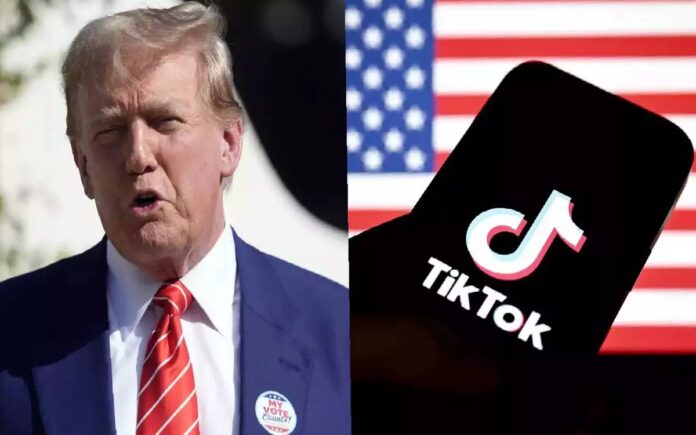Washington, D.C.: U.S. Senator Mark Warner, the top Democrat on the Senate Intelligence Committee, raised serious legal and national security concerns on Monday regarding former President Donald Trump’s decision to extend the deadline for ByteDance to divest its U.S. TikTok operations. Warner warned that the extension may be in direct violation of a 2024 law intended to sever Chinese control over the app’s American presence.
On Friday, Trump announced a 75-day extension for ByteDance to divest the U.S. assets of TikTok, delaying enforcement of a ban that was originally set to take effect in January 2025 under the new legislation. The extension has reignited debates about the effectiveness of the administration’s enforcement of tech-related national security laws.
“The reported deal would preserve a material, operational role for ByteDance by not only allowing it to retain a significant equity stake in the divested entity, but also an active role in technology development and maintenance” ,Warner stated, raising doubts about the structural independence of the proposed TikTok spin-off.
Concerns Over ByteDance’s Influence
According to sources, the proposed deal would spin off TikTok’s U.S. operations into a new, U.S.-based company, majority-owned and operated by American investors. However, Warner emphasized that such an arrangement fails to meet the law’s core requirement: a complete operational and technological separation from ByteDance.
“Any qualified divestiture must ensure a clean operational break from ByteDance and TikTok USA, including by preventing either company from continuing to develop, influence, or access personal data or source code”,Warner wrote.
He further added that the current deal under discussion “undermines confidence that the divested app can be trusted to protect national security and ensure compliance with the law”.
Legal Ambiguity and Political Pushback
The White House and TikTok declined to comment on the situation as of Monday. Trump’s administration reportedly remains in conversation with four different groups regarding a possible acquisition of TikTok’s U.S. operations.
Complicating the situation is China’s apparent reluctance to approve any sale of TikTok’s American assets. Though Beijing has not publicly opposed the deal, Trump’s remarks on Friday implied that renewed resistance from China could further hinder negotiations.
Notably, although the 2024 law mandated that TikTok cease operations in the U.S. by January 19, 2025, unless ByteDance completed a divestiture, Trump did not enforce the law upon starting his second term on January 20. Adding to the uncertainty, the Justice Department informed Apple and Google in January that it would not enforce the ban, which led both companies to allow the app to remain available for new downloads.
As the situation unfolds, legal experts and lawmakers alike are closely monitoring how the administration handles enforcement, as well as the broader implications for U.S.–China tech relations and data privacy.



